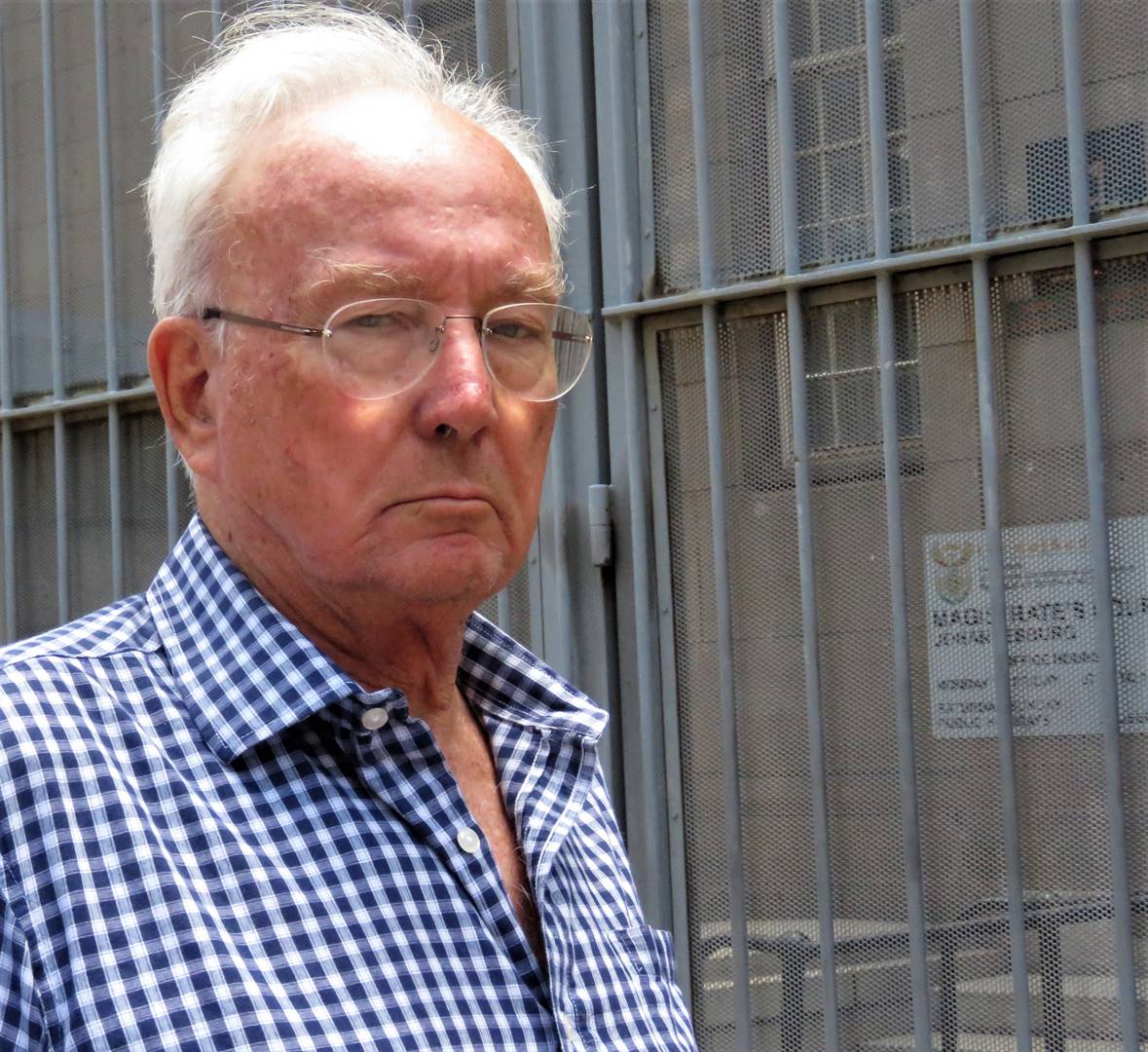
Late last year, paediatric surgeon Dr Peter Beale was charged with culpable homicide in connection with a routine laparoscopic surgery performed on a 10-year-old boy who died shortly after surgery. Dr Brenda Kubheka writes not about this specific case, but about the challenges that the medical profession faces when clinical outcomes are not what was hoped for
Complications, pain and discomfort are not necessarily always owing to negligent medical care.
Medicine is a homogenous field, but the delivery of healthcare is complex because it involves the interplay of human factors, technology, pharmaceutical supplies, information and a unique environment.
At the centre of healthcare delivery are important stakeholders, the patients, bringing with them unique needs and characteristics. These influence clinical outcomes and how each individual experiences care. It is not surprising that healthcare is characterised by variable experiences and outcomes.
Occasionally, clinical outcomes are contrary to the objectives of healthcare, which are to promote wellbeing, improve quality of life and save lives. An adverse clinical outcome may be perceived as a product of poor clinical practice by health professionals and may sometimes be attributed to health system failures.
Assigning blame to individuals is sometimes misguided and may lead to unintended consequences. Therefore it is important to differentiate between discomfort and pain from expected complications and that caused by adverse outcomes owing to errors or negligence.
Accepting complications may be challenging for some people to comprehend, especially in a society that expects perfect outcomes. This expectation is understandable and yet unrealistic because all interventions have corresponding side effects.
The likelihood of developing side effects such as drowsiness and nausea after taking certain medications will vary from person to person.
Health service providers are expected to take reasonable measures to minimise adverse outcomes and reduce their impact on patients. Hospitalised patients may experience preventable adverse events and certain complications which may lead to prolonged hospitalisation, disability and even death.
Importantly, harm is not always linked to violations or wrongdoing and harmful actions are not always wrong and unjustifiable.
A surgical operation will lead to justified setbacks such as discomfort, pain and temporary loss of income. Patients are normally informed about risks associated with medical interventions, allowing them to make informed decisions about their care.
Information provided during the informed consent process ought to be relevant and appropriate for a specific individual using reasonable patient standards.
For example, a patient with carpal tunnel syndrome – a trapped nerve on the wrist which causes pain, numbness and tingling in the hand and arm – faces the risk of nerve injury during surgery and scar formation at a later stage. This will affect individual patients differently, economically and socially.
Should the patient be a self-employed pianist, they may view possible complications and prolonged care as a significant inconvenience and might even undermine the doctor’s orders owing to resultant financial pressure.
Some predictable complications are difficult to prevent, especially when treating very sick patients or when performing procedures that are deemed high risk by their complex nature.
Cherry picking
It is alleged that some professionals and health establishments cherry pick patients to minimise their exposure to medicolegal and reputational risks. This is considered unethical and is not standard practice.
Public health facilities serve the majority of society and have a mandate to provide access to care irrespective of the patient’s socioeconomic status. These overburdened public facilities and highly specialised practitioners offer their services to society despite the high risk of complications associated with providing complex interventions and high-risk medicine.
A clear line needs to be drawn between expected complications and negligent care because negligence is a product of violation of care standards.
The practice of medicine is inherently risky because the tools of trade may cause unintended harm.
An instrument used to cut a cancerous tumour from the inside of the abdomen may cause perforation of a fragile bowel; this specific complication is not necessarily a result of negligence or incompetence, but an inherent risk of a complex procedure.
Patient factors
Importantly, patient factors may increase the chances of complications leading to prolonged hospitalisation and repeat surgery.
Patient factors include age, allergies, comorbid medical conditions and the overall health of an individual, to name a few. A patient’s pain threshold may impact how they experience care and discomfort.
Patients may experience pain and bleeding postoperatively. Complications and discomfort do not necessarily mean that the care provided was substandard or negligent on the side of the professional.
Most adverse drug reactions (ADRs) are predictable; some patients process (metabolise) certain medications in a peculiar manner compared with others, depending on their unique genetic make up. This unique genetic disposition may be responsible for serious unpredictable ADRs and poor response to treatment.
But it also elevates potential benefits of precision (personalised) medicine to address challenges related to unpredictable ADRs and improve individual responses to medication.
Indeed, medicine is an imperfect science practiced by human beings.
Advances in medicine where babies can be operated on inside a pregnant woman’s womb have also created high expectations and low tolerance for complications of medical care.
New techniques, drugs and technology bring new hazards, and the risk is subject to chance.
In 1964, EM Schimmel wrote in The Hazards of Hospitalisation: “Healthcare used to be safe and ineffective. It is now highly effective but potentially hazardous.”
Above all else, medicine is a self-reflecting profession that is committed to continuous improvement.
- Kubheka is from Health IQ Consulting, which provides risk management, quality improvement and clinical ethics services in the health sector




 Publications
Publications
 Partners
Partners










